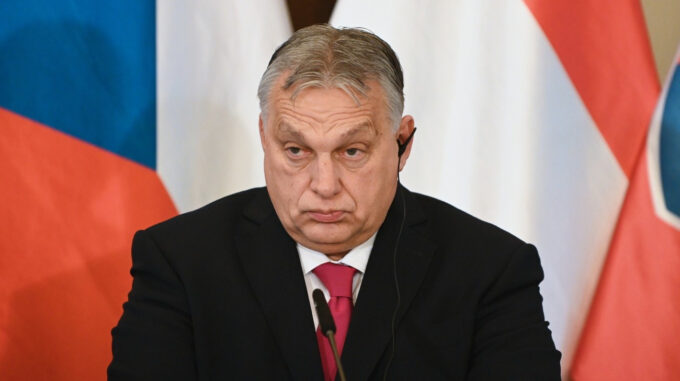Orbán Urges Ukraine to Remain a Buffer State and Advocates for Strategic Cooperation Over Full EU Integration

Hungarian Prime Minister Viktor Orbán has publicly clarified his country's stance regarding Ukraine's future relationship with the European Union. According to his remarks, Hungary proposes a model of strategic cooperation with Ukraine, grounded in pragmatic interests, flexibility, and mutual benefits, while explicitly rejecting the idea of Ukraine's full accession to the EU. Orbán emphasized that Ukraine's EU membership could potentially escalate the ongoing conflict into the heart of Europe, endangering the safety of European families. He pointed out that the current geopolitical climate demands well-considered, cautious decisions rather than theatrical threats and emotional rhetoric. He described Ukraine as a "buffer state" bordering Russia, highlighting its significant role in regional geopolitical stability. Historically, Hungary has also served as a buffer zone—during the Cold War—without being part of the Soviet Union but positioned on the eastern periphery of the Western world. Orbán expressed strong opposition to returning to such a position, asserting that Ukraine now finds itself in a situation beyond its control, with its future largely dictated by external influences. This statement comes shortly after the European Union summit, where 26 out of 27 member states expressed support for opening negotiations with Ukraine and acknowledged the European Commission's assessment of Kyiv’s readiness to launch the so-called "Foundations" cluster. Earlier, Orbán indicated that most EU countries would oppose Ukraine’s rapid accession, if decisions were made via pan-European referenda, similar to recent votes in Hungary. Additionally, Hungary’s political advisor and close confidant of Viktor Orbán, Balázs Orbán, pointed out that Ukraine’s war against Russia is not a matter of Hungarian security, but rather a regional issue relevant to the broader geopolitical context, further illustrating the complexity and nuanced stance of the Hungarian government towards the ongoing conflict.

